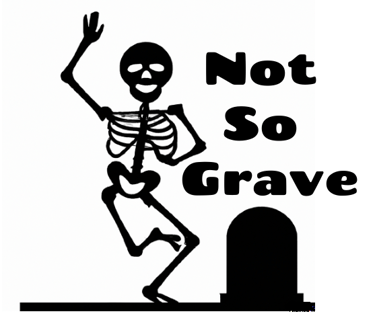What Happens If You Die Without a Will?
The short answer? A legal mess that could leave your loved ones frustrated, broke, or even fighting in court.
Alex Johnson
5/11/20253 min read


What Happens If You Die Without a Will?
The short answer? A legal mess that could leave your loved ones frustrated, broke, or even fighting in court.
Dying "Intestate" Isn't As Fancy As It Sounds
Let's cut right to it. Dying without a will means dying "intestate." It's a bureaucratic nightmare that leaves the people you care about with an unnecessary burden.
Think you don't need a will? Allow me to disabuse you of that notion rather quickly.
The State Steps In (And Makes Decisions You Wouldn't)
When you die without a will, you don't get to decide who gets what. Instead, the laws of intestacy kick in – rigid rules that determine how your estate is divided, regardless of what you might have wanted.
Under intestacy rules in England and Wales:
Married with no children? Your spouse gets everything.
Married with children? Your spouse gets the first £270,000 plus half the remainder. Your children split the other half.
Unmarried partners get nothing. Nothing at all.
No spouse or children? It goes to parents, then siblings, then more distant relatives.
No relatives at all? The government takes the lot.
These rules make no allowances for your unique circumstances. They don't care that you've been with your partner for 25 years but never married. They don't consider that you'd rather your estranged sister didn't get a penny, or that your stepchildren whom you raised from toddlers aren't technically "your children."
Everything Takes Longer and Costs More
Without a will, the process of sorting out your estate is more complex, time-consuming, and expensive.
Someone still needs to apply to become the administrator of your estate – but who? Family members might disagree on this, setting the stage for disputes before things even get started.
Banks may freeze accounts until the legal situation is sorted, potentially leaving your family struggling to pay bills or funeral costs.
The entire probate process generally takes much longer without a will – often 9-12 months at minimum, sometimes years.
The Family Fallout
Nothing tests family relationships quite like money and grief combined. Add in the stress of navigating intestacy laws, and you've got the perfect recipe for turning minor tensions into full-blown family feuds.
You've probably read the newspaper articles. The sister who feels she deserves more because "I was the one who visited him every week." The brother who believes he should handle the estate because "Dad always trusted me with financial matters." The estranged relatives who suddenly appear, hand outstretched.
Without your clear instructions, your death can unintentionally become the catalyst for family breakdown – hardly the legacy most of us want to leave.
Children and Guardianship: The Biggest Risk of All
If you have children under 18, not having a will means you haven't legally appointed guardians for them. This doesn't mean they'll automatically go to your closest relative – it means the courts will decide who raises them.
Do you really want to leave that decision to a judge who never knew you, your values, or your wishes?
The Solution Is Embarrassingly Simple
Despite all this, about 60% of British adults don't have a will. It's one of those things we know we should do but keep putting off.
Creating a will isn't difficult, time-consuming, or particularly expensive. It can be done in a matter of hours for a few hundred pounds – or less if your affairs are straightforward.
Compare that to the thousands in extra costs and months (or years) of stress your loved ones might face if you die intestate, and it becomes clear that not having a will is a false economy of the highest order.
It's Not About You, Actually
Here's the thing about wills that people often miss: they're not really for you. They're for the people you leave behind.
A will is the final act of care you can show for your loved ones – sparing them additional stress during their grief, preventing disputes, and ensuring your assets go where you want them to.
Don't leave a mess for others to clean up. Get it sorted: check out my helpful section on how to create a will, and all the options you have (including using my own free will kit).
